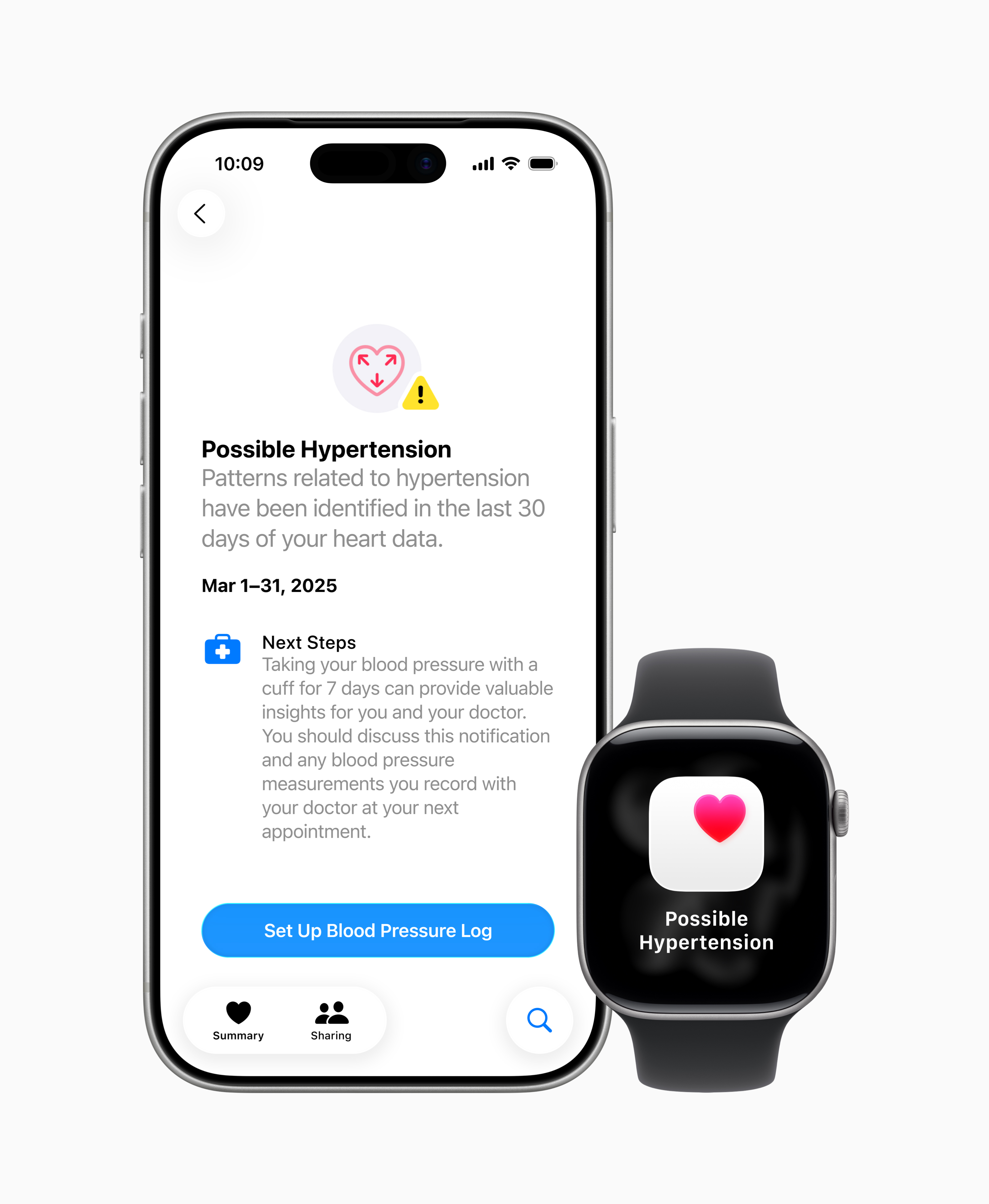Changing sugar with low- or no-calorie sweeteners is a well-liked solution to handle weight. However a brand new examine discovered counting on sure sugar substitutes could also be unhealthy on your mind well being.
The examine, printed Sept. 3 in Neurology, discovered that individuals who consumed the best quantities of six synthetic sweeteners additionally had the best declines in considering and reminiscence, as in comparison with those that consumed much less. These declines amounted to 1.6 years of extra mind growing old.
The outcomes don’t imply somebody will discover reminiscence points instantly after consuming a soda sweetened with aspartame, mentioned examine writer Claudia Kimie Suemoto, MD, PhD, affiliate professor of geriatrics on the College of São Paulo Medical College in Brazil.
However for individuals who eat these sweeteners typically, “it does imply their mind could also be growing old at a faster tempo, which over time may improve the chance of earlier or extra extreme cognitive impairment,” she informed Well being.
Suemoto and her colleagues checked out information from 12,772 Brazilian adults who have been 52 years previous on common. Firstly of the examine, the contributors crammed out questionnaires about what they normally ate and drank over the earlier yr.
The analysis group particularly tracked seven low- and no-calorie sweeteners that present up in widespread grocery objects resembling soda, low-calorie desserts, yogurt, or as standalone merchandise:
The scientists then break up contributors into teams based mostly on their consumption of those low- or no-calorie sweeteners:
Low: about 20 milligrams (mg) per day
Reasonable: about 66 mg per day
Excessive: about 191 mg per day, in regards to the equal of 1 can of food plan soda
Over the span of eight years, the contributors underwent numerous cognitive exams, together with verbal fluency (how briskly they may pronounce phrases in a given class), phrase recall, reminiscence, and knowledge processing velocity.
As in contrast with individuals who consumed minimal quantities of those low- or no-calorie sweeteners, different contributors fared a lot worse on these cognitive exams, the researchers’ information confirmed.
On common, the reasonable consumption group had a 35% quicker fee of reminiscence and considering decline, and a 110% quicker fee of verbal fluency decline.
For the excessive consumption group, their fee of reminiscence and considering decline was 62% quicker, and their verbal fluency decline was 173% quicker.
Curiously, this hyperlink between low- or no-calorie sweeteners and worse cognition solely existed for individuals underneath the age of 60.
“This examine is likely one of the largest to attach a number of completely different sweeteners to measurable cognitive decline over time,” Theresa Gentile, MS, RDN, a Brooklyn-based dietitian and spokesperson for the Academy of Diet and Dietetics, informed Well being.
As a result of the researchers adjusted for food plan high quality earlier than doing their evaluation, all indicators level to the truth that “sweeteners themselves add to the chance” of poor mind well being, David Perlmutter, MD, a neurologist and fellow of the American School of Diet, informed Well being.
However there wasn’t a lot of a distinction between the sweeteners themselves—tagatose wasn’t related to cognitive decline in any respect, the info confirmed, however the different six sweeteners have been.
“We didn’t see any proof that one was worse than the opposite,” Suemoto famous.
The authors of this newest examine emphasised their findings don’t show sweeteners trigger cognitive decline. Nevertheless, specialists have some theories about what could be happening.
Your food plan is the biggest driver of the pathogens that make up your intestine microbiome, Rebecca Solch-Ottaiano, PhD, an assistant professor of pharmacology on the Tulane College College of Medication, informed Well being.
So consuming extra sugar substitutes might change the composition of your intestine microbiome and drive irritation—nonetheless, extra analysis is required. It may merely be that individuals who eat extra synthetic sweeteners have a much less wholesome intestine as a result of they don’t eat sufficient fiber, for instance, mentioned Solch-Ottaiano.
Although the precise mechanism isn’t clear, irritation and microbiome modifications may cause the mind’s immune cells (known as microglia) to behave in another way, mentioned Perlmutter. “When microglia shift into that damaging, inflammatory mode, the chance for Alzheimer’s, Parkinson’s, and different types of cognitive decline rises,” he mentioned.
Analysis has linked artificially sweetened drinks with increased dangers of dementia and stroke. Plus, sucralose—one other sugar substitute not included on this examine—has been linked to worse reminiscence and government functioning.
“The load of proof suggests at the least some sugar substitutes carry actual dangers,” Thomas Holland, MD, assistant professor with the Rush Institute for Wholesome Ageing at Rush College, informed Well being.
On the whole, individuals underneath 60 noticed better dangers of cognitive decline and early mind growing old once they consumed extra synthetic sweeteners—however that hyperlink was even stronger for individuals with diabetes, the brand new examine discovered.
Individuals with diabetes usually tend to eat synthetic sweeteners as an alternative choice to sugar, Suemoto mentioned. That consumption—mixed with diabetes’s impact on the physique—may clarify why these sufferers are at a better threat, mentioned Perlmutter.
“Diabetes already stresses metabolism and the microbiome, making a primed inflammatory state,” he mentioned. “Including synthetic sweeteners appears to make that fireplace burn hotter, which then fuels microglia to develop into extra damaging within the mind.”
There’s extra analysis that must be executed, however sugar substitutes might not be as innocent as we expect. So Suemoto suggested decreasing your consumption when you possibly can.
However that doesn’t essentially imply it’s higher to swap these no- and low-calorie choices for added sugar—loads of analysis has tied sugar consumption to dementia and a bunch of different well being points.
It’s difficult, however the most effective plan of action is to retrain your tastebuds to get pleasure from much less candy meals, Perlmutter mentioned.
“The actual objective must be much less sweetness general, much less processed meals, and extra fiber-rich entire meals to help intestine micro organism and mind well being,” he added.
Support Greater and Subscribe to view content
This is premium stuff. Subscribe to read the entire article.

:max_bytes(150000):strip_icc()/Health-GettyImages-1203392811-d7b532109ae648f29c53dd079b53f8ae.jpg?w=750&resize=750,536&ssl=1)
:max_bytes(150000):strip_icc()/Health-GettyImages-1766693451-4b4ff5f85bf1481f9f0a5c5ed836b6bf.jpg?ssl=1)

:max_bytes(150000):strip_icc()/Health-GettyImages-1581360203-0b56ded093fc4e6596c04a93161481ff.jpg?ssl=1)
:max_bytes(150000):strip_icc()/Health-GettyImages-1473781306-b4272673da8b4dd285949e37b7f82115.jpg?ssl=1)
:max_bytes(150000):strip_icc()/Health-GettyImages-2219184960-501db348c8c5409db9029f7f0a034582.jpg?ssl=1)
:max_bytes(150000):strip_icc()/GettyImages-1318637613-2b41de1ec907425c9620dc9ee062b03a.jpg?ssl=1)





